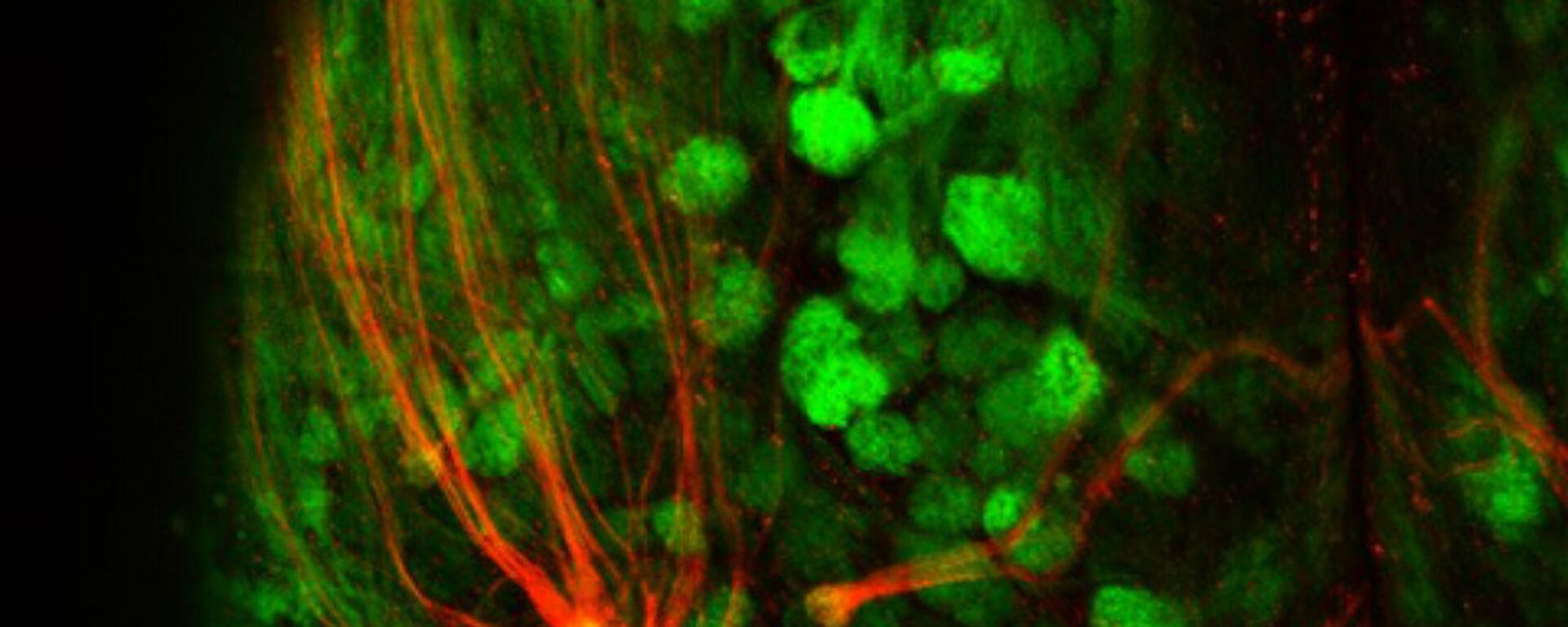https://sputnikglobe.com/20220520/dont-fear-the-reaper-what-a-person-might-experience-while-dying-1095671735.html
Don't Fear the Reaper? What a Person Might Experience While Dying
Don't Fear the Reaper? What a Person Might Experience While Dying
Sputnik International
One palliative care physician has suggested that dying is merely a “process” and that people have “lost the rich wisdom of normal human dying,” which should be... 20.05.2022, Sputnik International
2022-05-20T19:45+0000
2022-05-20T19:45+0000
2022-05-20T19:44+0000
death
doctors
experience
opinion
https://cdn1.img.sputnikglobe.com/img/07e6/01/1b/1092557630_0:69:960:609_1920x0_80_0_0_84a8e7951c87cbebe3823511f066c11f.jpg
While the prospects of eventual and inevitable death may appear frightening to some, many of those who have to deal with this aspect of human life beg to differ, says The Sun.One such expert whose opinion the newspaper references is Dr Kathryn Mannix, a specialist in palliative and end-of-life care who argues that "dying is probably not as bad as you’re expecting."A few years earlier, A&E doctor Thomas Fleischmann, who has witnessed the deaths of almost 2,000 people, also proposed that there are five stages of dying, with the first one involving a "sudden change" when, "from one instant to another, all pain is gone."The second stage, he said, is an "out of body experience", while during the third, nearly everyone feels "comfortable," though some describe "terrible noises, terrible smells and terrible creatures."During the fourth stage, patients often see a light that starts to "shine into the complete blackness," while the fifth stage, as described by around 10 percent of near-death survivors cited by the doctor, involves them experiencing "beautiful surroundings, beautiful colours, some say beautiful music and the feeling of unconditional love."
https://sputnikglobe.com/20220223/first-ever-scan-of-dying-human-brain-raises-question-about-life-flashing-before-our-eyes-1093294402.html
Sputnik International
feedback@sputniknews.com
+74956456601
MIA „Rosiya Segodnya“
2022
Sputnik International
feedback@sputniknews.com
+74956456601
MIA „Rosiya Segodnya“
News
en_EN
Sputnik International
feedback@sputniknews.com
+74956456601
MIA „Rosiya Segodnya“
Sputnik International
feedback@sputniknews.com
+74956456601
MIA „Rosiya Segodnya“
death, doctors, experience, opinion
death, doctors, experience, opinion
Don't Fear the Reaper? What a Person Might Experience While Dying
One palliative care physician has suggested that dying is merely a “process” and that people have “lost the rich wisdom of normal human dying,” which should be reclaimed.
While the prospects of eventual and inevitable death may appear frightening to some, many of those who have to deal with this aspect of human life beg to differ, says The Sun.
One such expert whose opinion the newspaper references is Dr Kathryn Mannix, a specialist in palliative and end-of-life care who argues that "dying is probably not as bad as you’re expecting."
"We’ve lost the rich wisdom of normal human dying and it’s time for us to talk about dying and reclaim the wisdom," she said in a short film by BBC Ideas that was released online in 2019. "Dying, like giving birth, really is just a process. Gradually people become more tired, more weary. As time goes by people sleep more and they’re awake less."
A few years earlier, A&E doctor Thomas Fleischmann, who has witnessed the deaths of almost 2,000 people, also proposed that there are five stages of dying, with the first one involving a "sudden change" when, "from one instant to another, all pain is gone."
"All anxiety is gone, all fear is gone, all noises are gone - and there’s just peace, calmness and tranquillity. Some report joy," he said during a TED Talk in 2014.
The second stage, he said, is an "out of body experience", while during the third, nearly everyone feels "comfortable," though some describe "terrible noises, terrible smells and terrible creatures."

23 February 2022, 08:36 GMT
During the fourth stage, patients often see a light that starts to "shine into the complete blackness," while the fifth stage, as described by around 10 percent of near-death survivors cited by the doctor, involves them experiencing "beautiful surroundings, beautiful colours, some say beautiful music and the feeling of unconditional love."




